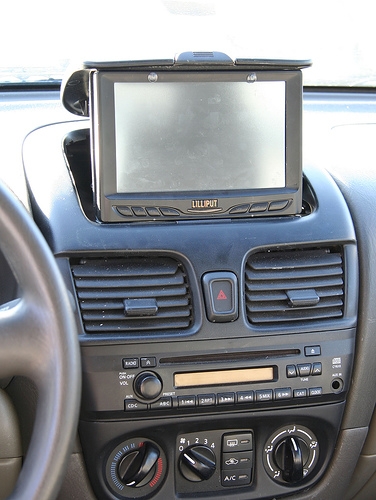
Nissan Sentras are popular cars that generally do not suffer from any specific, well-documented problems. While this helps prospective buyers avoid the worry associated with serious deficiencies known to historically affect their desired model, it also makes troubleshooting any problems more difficult. Fortunately, while general transmission problems do appear with some regularity in Nissan Sentras, they are not particularly serious. The issues have not led to major recalls, as in many other cars.
Since the 1980's Nissan Sentra owners have reported various problems with the transmission systems. Sentra models from all years regularly appear in reviews commenting on transmission difficulty, with no particular variation from the Sentra line showing greater susceptibility to these issues than its peers. Due to similar components in these cars' transmissions, any Sentra can experience the problems that occasionally affect the line.
Individual transmission problems vary widely between cars. Any one particular problem is not more prevalent than others. Complaints on consumer report websites have shown a general frustration with how the vehicle handles gear changes. Various aspects of shifting struggle to run smoothly, affecting the overall enjoyment of driving. The car may still shift properly, but seem to do so with some difficulty. However, outright inability to change into or out of certain gears is a possible, though less common, occurrence. Some owners experience troubling noises coming from the engine that eventually prove to be related to the transmission.
While the problems manifest in different ways, there is often a similar cause for a multitude of symptoms. The transmission governor and its related components are usually to blame for a variety of different problems. The governor plate and cup are particularly common parts that most auto mechanics look to first when diagnosing transmission problems with a Nissan Sentra. These cars are also more sensitive to general overall maintenance requirements to keep them running properly.
While Nissan Sentra owners cannot control the design and quality of transmission systems in these cars, preventative measures may be taken to slow deterioration and keep parts running as smoothly as possible. The first step is to regularly replace oil and transmission fluid. Timing belts should be replaced every 60,000 miles (sometimes timing chains are in place instead of belts). An overall tune-up by a qualified service technician is recommended every 25,000 miles.
There are limited options for simple at-home repair of transmission problems for Nissan Sentras. Ambitious owners can take some steps on their own, but the process is not as obvious as in other cars. The lack of a primary widespread symptom makes finding a consistent, recurring source of these problems more elusive than other lines of vehicles, which usually leads to more experienced troubleshooting techniques that only a certified mechanic can provide.